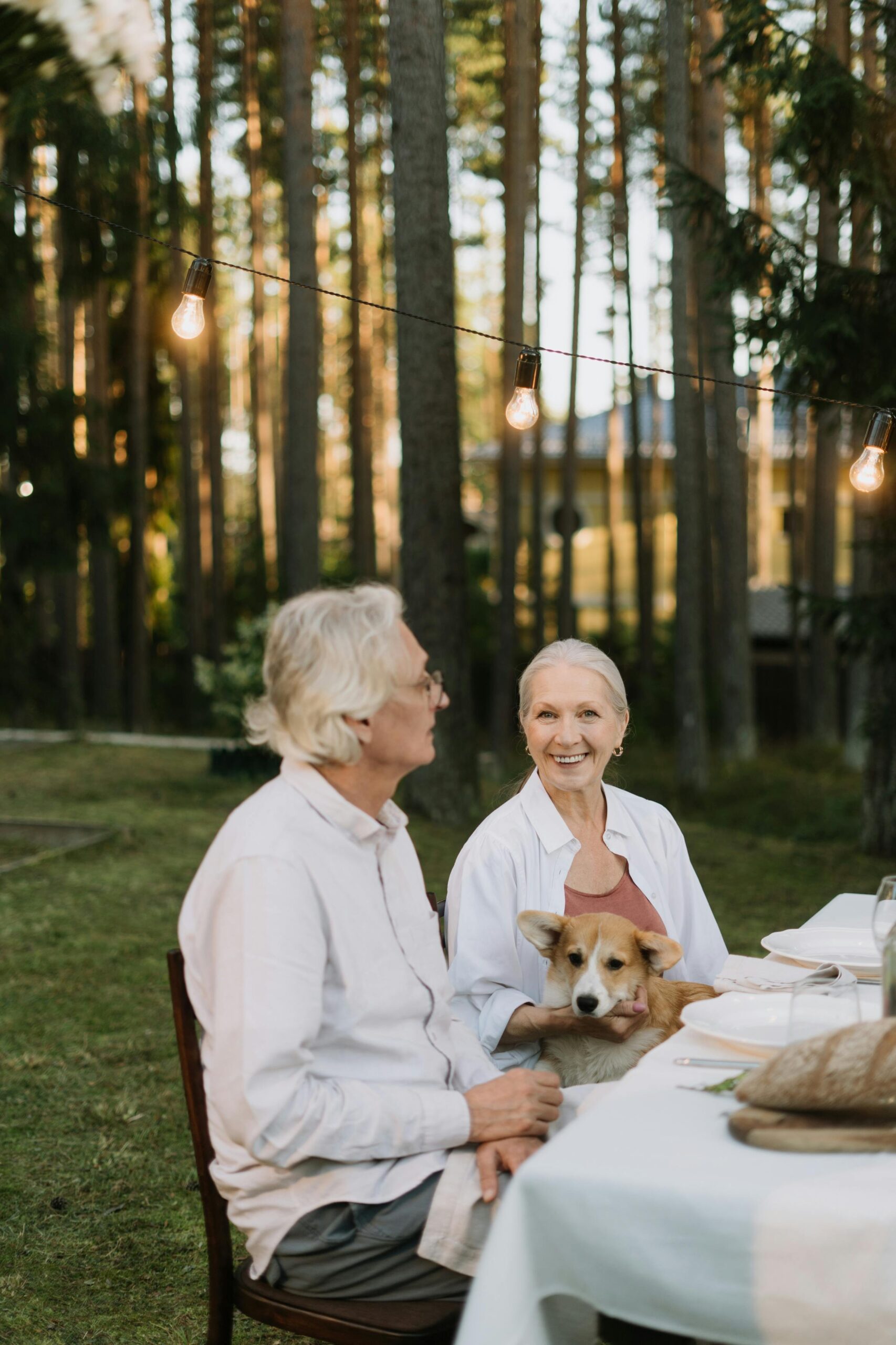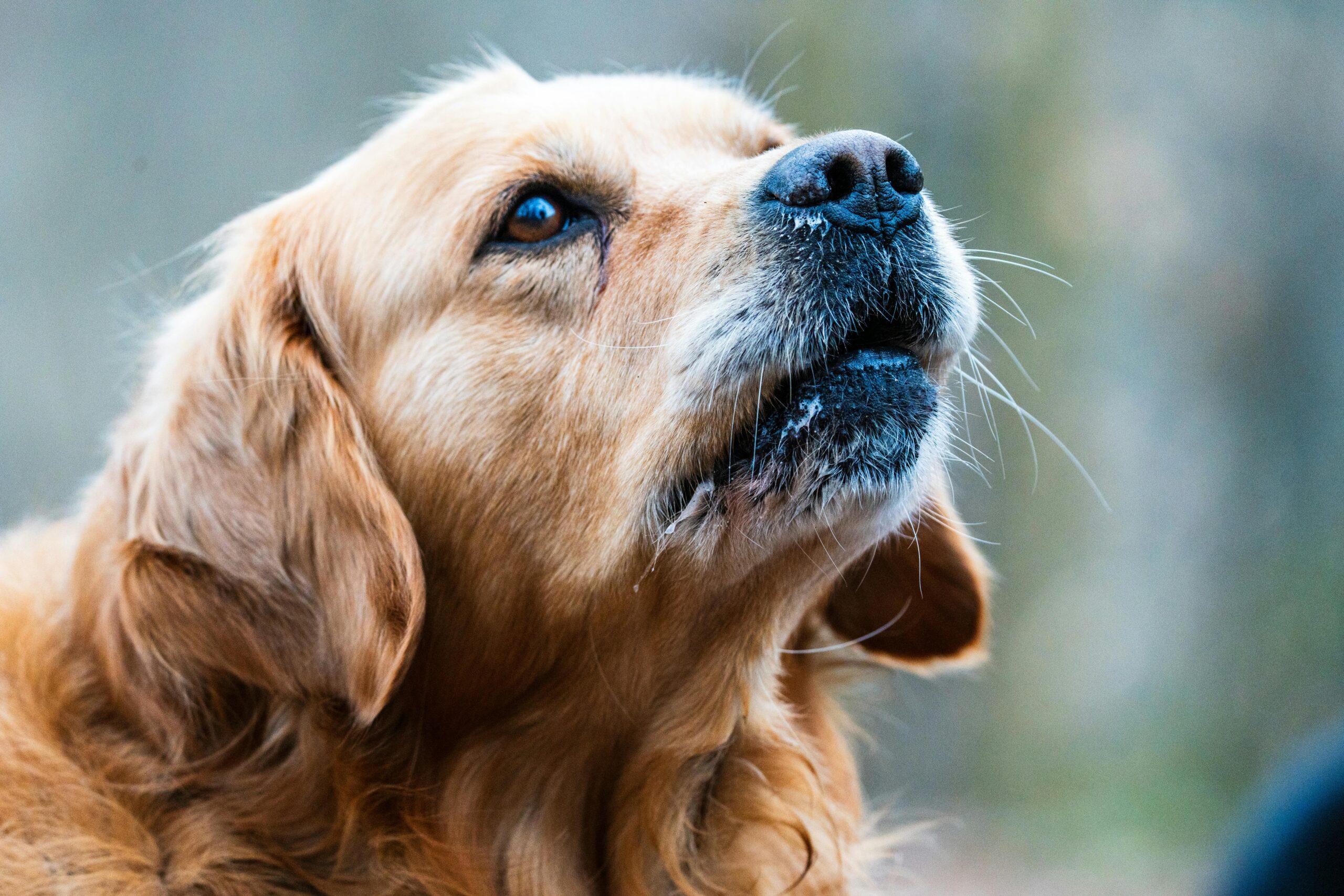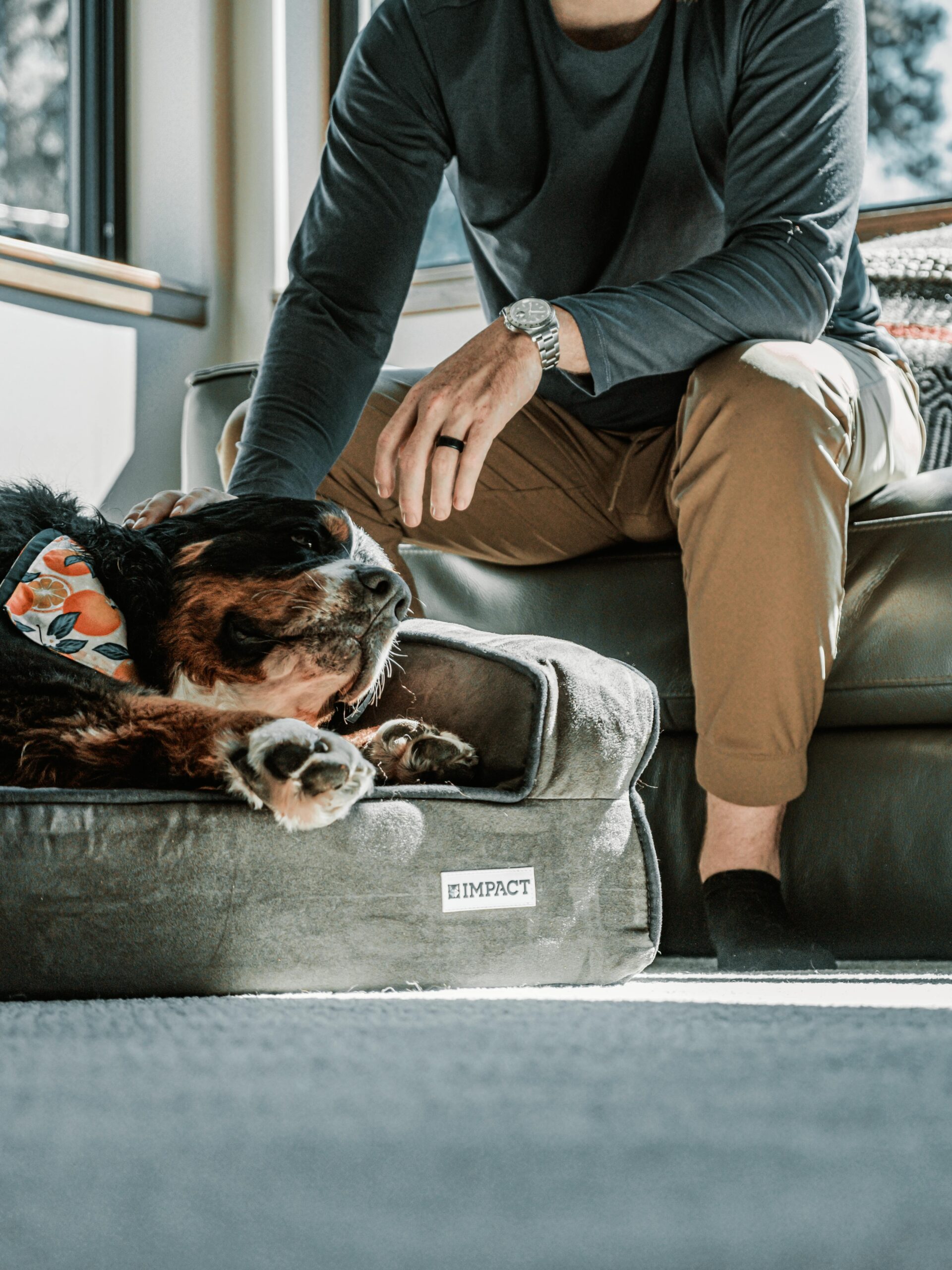Senior dogs are an essential part of our lives and deserve all the care and attention we can give them. As they age, their needs change and it is crucial to adapt our way of caring for them to ensure their quality of life. In this article, I share practical and useful tips that can make a big difference in the well-being of our senior canine companions.
Importance of regular veterinary check-up
A fundamental aspect of caring for older dogs is regular veterinary checkups. These checkups allow us to detect health problems before they become serious, ensuring that our furry friends receive the proper treatment in a timely manner.
What to expect in a check-up for senior dogs
During a checkup, the veterinarian will check vital signs, assess mobility, analyze blood and urine samples, and perform specific tests if necessary. This process helps identify common problems in older dogs, such as arthritis, dental disease or heart conditions.
Important note: Be sure to mention any unusual behavior you have noticed, such as changes in appetite or activity, so that the veterinarian can address them appropriately.
Benefits of early disease detection
Detecting diseases in their early stages allows for more effective interventions. This can prolong the lives of older dogs and improve their quality of life by reducing the pain and discomfort associated with some chronic diseases.
Proper nutrition for older dogs
Diet plays a crucial role in maintaining the health of older dogs. As they age, their dietary needs change, and it is vital to adapt their diet to meet these new needs.
Changes in nutritional needs
As dogs age, their metabolism slows down, and they often need fewer calories. However, they require more high-quality protein to maintain their muscle mass. It is equally important to ensure an adequate intake of fiber and essential fatty acids.
Tips for choosing the best food
Choose foods specifically formulated for older dogs that contain the nutrients necessary for their well-being. Some points to consider:
- Verify that the food has an adequate balance of proteins and fats.
- Look for foods that contain antioxidants, which can help fight the effects of aging.
- Consider supplements such as glucosamine or chondroitin for joint support.
Exercise and activity to maintain mobility
Physical activity helps to keep muscles and joints in good condition, in addition to preventing weight gain, which is crucial for older dogs.
Recommended gentle exercises
Adapting the level of exercise to the dog's needs and physical condition is essential. Here are some suggestions of exercises suitable for them:
- Walking: Ideally two or three short walks a day.
- Swimming: An excellent low-impact option for maintaining mobility.
- Stretching exercises: Maintain flexibility and avoid stiffness.
How to detect the right level of fatigue
Observe your dog during and after exercise. If he shows excessive fatigue, limps, or shows no interest, the amount or type of exercise may need to be adjusted. Always offer rest breaks during any physical activity.
Suggestion: Introduce new activities gradually and see how your dog responds.
Strategies for optimal emotional well-being
Emotional well-being is as important as physical well-being for older dogs. As dogs age, they may experience changes in their emotional state due to a variety of reasons, including diminished senses or loss of loved ones.
Importance of companionship and play
Human companionship and playtime are critical to keeping older dogs mentally happy and stimulated. Spend time playing games that are safe and appropriate for their age and physical condition.
Stress and anxiety management in older dogs
To minimize stress and anxiety, establish consistent routines and provide a calm environment. Consider using pheromones or calming music. If stress persists, consult a veterinarian to explore other strategies or treatments.
In conclusion, with proper care, senior dogs can live out their later years comfortably. We are here to make their lives better, which gives them as much happiness and love as they give us.



